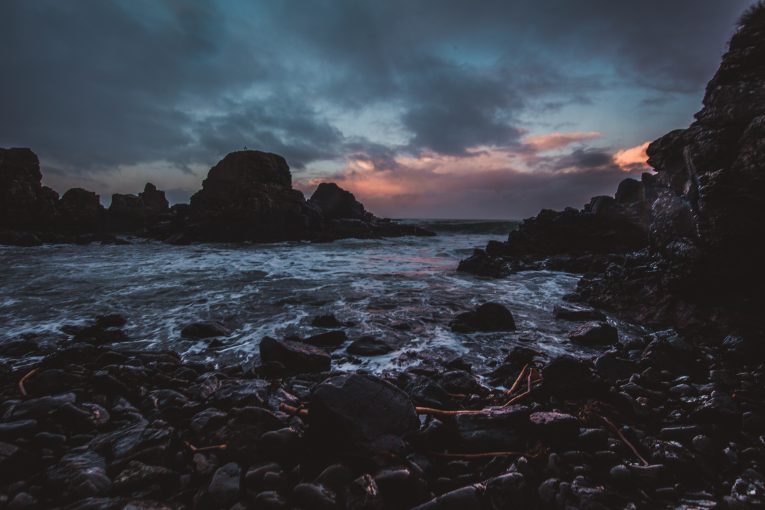

By Ricky Ortega
She was a purebred Irish Setter named Foxy, neglected by her previous owners. For me, it was love at first sight. On the day we adopted her; I noticed a small cage, about the size of my prison cell, located on the side of an old house with an empty food dish lying in the dirt. She looked hungry and weak as she walked in circles around a chain-link fence. A bird dog, born to run and chase the wind, she faced confinement in a solitary world. It was the only world she ever knew, torn by the instincts that must have burned inside her to run free.
When we got her home, she looked timid and bewildered as she explored her new surroundings. I took her outside to our spacious backyard and showed her the beautiful trees and green grass where she could run and play but when I let her go, she went directly to the fence that locked her in and followed its path; running circles around  the cage in her mind. It became apparent to me that the fence was the only sense of home she knew. Hoping to release her from her state of captivity, I took her to an open field that had no fences, where she could be free to chase birds and feel the breeze against her beautiful mahogany coat. Instead, she looked puzzled and out of place. I could tell she was looking for her fence, the only thing that was familiar to her in her time of distress. I realized then that she would spend her life attached to the fences in her mind, to the only freedom she knew while running against the wind.
the cage in her mind. It became apparent to me that the fence was the only sense of home she knew. Hoping to release her from her state of captivity, I took her to an open field that had no fences, where she could be free to chase birds and feel the breeze against her beautiful mahogany coat. Instead, she looked puzzled and out of place. I could tell she was looking for her fence, the only thing that was familiar to her in her time of distress. I realized then that she would spend her life attached to the fences in her mind, to the only freedom she knew while running against the wind.
We serving life without parole are engaged in a similar struggle; an inner battle to tear down the fences of our mind by processing the evil we once inflicted upon others. It’s a battle against the hands of time as they inch slowly toward an unknown destination. This series of articles will take a closer look at how we are facing the fences of prison life etched in our minds, seeking freedom through rehabilitation while shackled to our past in our journey against the wind.
Arrested in 1993 at the age of 18, Phillip Irons was sentenced to life without parole. “I knew I had to shut my feelings down in order to protect my family,” confessed Irons. The tiers of prison life are often unforgiving for such youthful offenders. “I put up a shield really quick to ward off others and I blended into my environment my own way. Working out became my release from anxiety. I used to do a lot of cycling on the streets from Modesto to Sonora, so running appealed to me as a replacement for my bike. I thrive on endurance and keeping the mental fortitude to deal with everyday life in prison; running does that for me.” stated Irons.
While running from the rain, Irons has come to appreciate the value of running towards a brighter future through self-awareness and rehabilitation. Finishing 3 marathons here at Mule Creek, he’s made a commitment to himself to ride out the waves of life and to keep with it. “I am learning to apply that same intensity to my wellness”, said Irons. “The Victim’s Rights Week has inspired me to honor victims by my actions and my mom is going through the G.R.I.P. program with me over the phone. She and my sister are the center of my recovery. I would not have made it all these years without them.”
Families and friends of LWOPs play a unique role in our lives; even man’s best friend. Foxy died next to the fence that would one day free her from the trauma she endured. She lived a long, happy life; the mother of 5 healthy puppies and the best friend of our entire family. She was the empress of my heart. Perhaps she never knew the true meaning of freedom but her legacy is an inspiration to LWOPs of what it means to persevere through the storms of life, to keep pushing forward when we find ourselves running against the wind.

